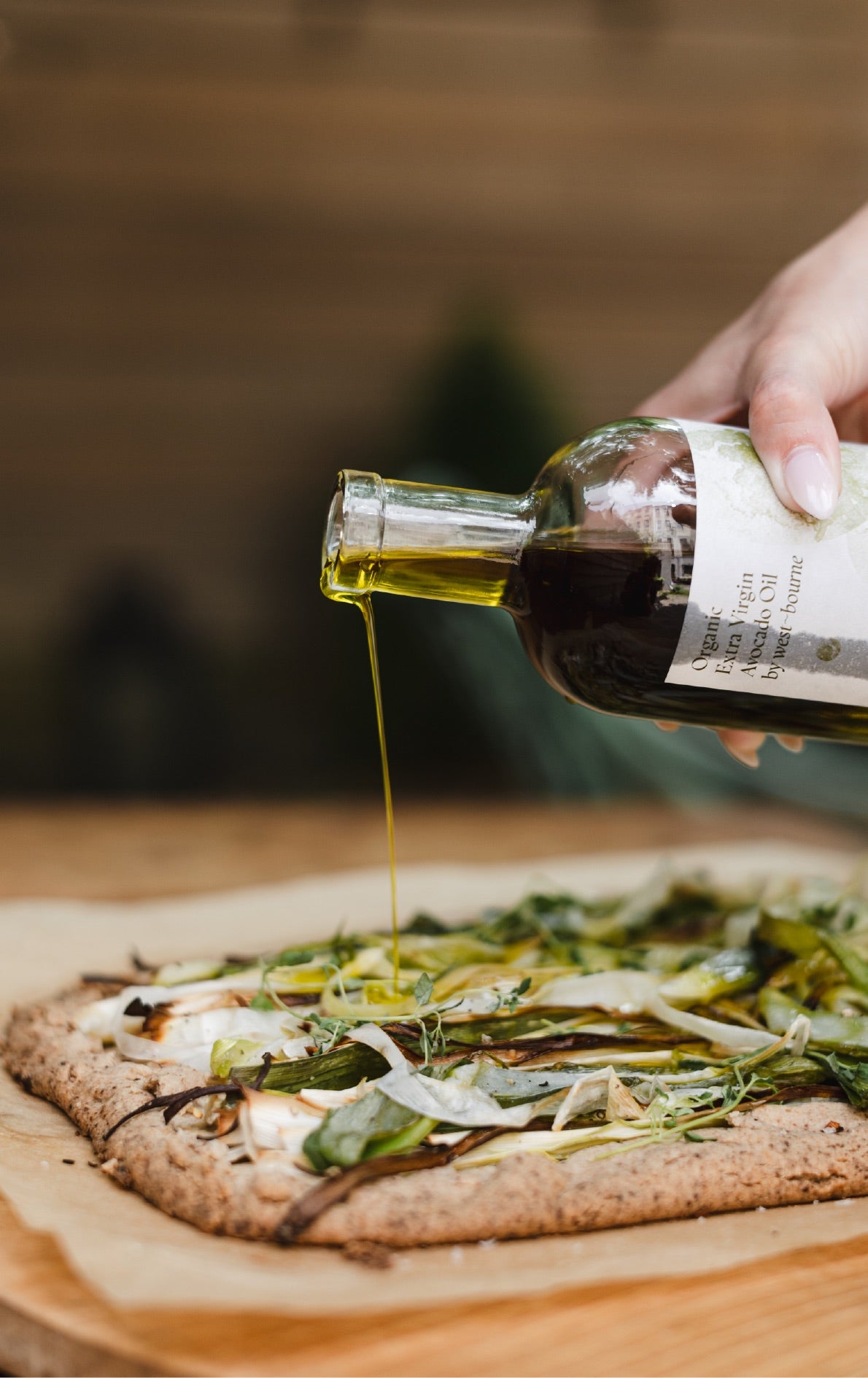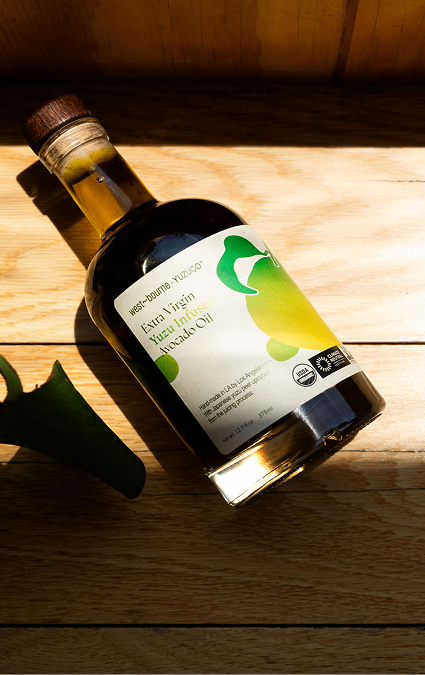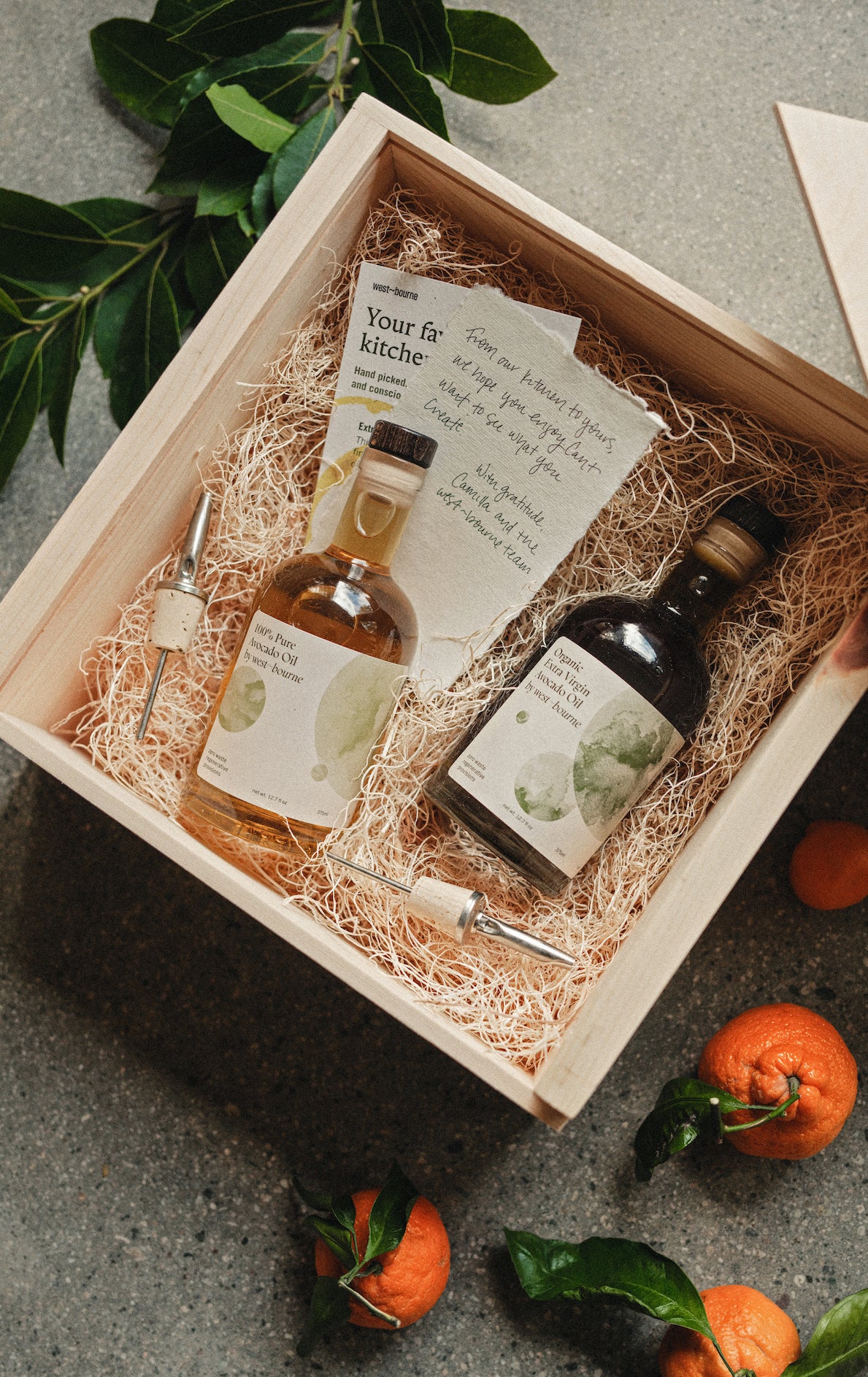A Stronger Alliance: Alley Cropping for Biodiversity

In regenerative agriculture, biodiversity is more than an environmental ideal—it's the foundation that keeps ecosystems healthy and productive. Variety on land strengthens soil health, improves water retention, and supports pollination year-round, all while making farms more adaptable to a changing climate. Monocultures do the opposite: they strip the land, weaken ecological balance, and leave farms vulnerable to disease and climate stress. Regenerative farming reintroduces variety—designing farms that function more like wild landscapes.
Alley Cropping: When Crops Work Together
Biodiversity, at its simplest, means variety—but on a farm, its role is profoundly functional. Different plants bring different benefits to the soil: some fix nitrogen, others pull up trace minerals, and others provide shade or naturally deter pests. This web of life keeps the land thriving while reducing the need for synthetic fertilizers or pesticides. One way to bring biodiversity to life is alley cropping—planting rows of perennial trees alongside annual crops. This layers life within a single piece of land, building microclimates that protect plants, enrich soil through diverse root systems, and increase carbon capture. In fact, farms with high biodiversity can capture up to 50% more carbon in their soil than monoculture farms.


Photographs from Mad Agriculture.
Avocado Allies
Our west~bourne avocados are grown using this approach, often alongside coffee and cacao. Avocados provide partial shade that shields delicate cacao pods and coffee cherries from heat stress, while their roots work with other crops to cycle nutrients more effectively. Coffee and cacao, when grown under shade trees, can last twice as long before replanting compared to those in full sun. This alliance doesn't just help the land—it extends the life of crops and creates more economic stability for farmers. By sourcing from farms that co-plant avocados with cacao and coffee, we're helping smallholder farmers diversify income and deepen regenerative practices. We've also chosen avocado oil because it's nutrient-rich, incredibly versatile, and—when grown in polycultures—actually strengthens ecosystems rather than depleting them. In every bottle of avocado oil, there's a story of soil restoration and a future that grows more than food—it grows resilience.


How to Champion Alley Cropping and Healthy Soil
Every choice we make at the table shapes the future of our fields. By seeking out products grown in diverse, regenerative systems—like our west~bourne Organic Avocado Oil—you’re helping create healthier soil, stronger farming communities, and ecosystems that can thrive for generations. It’s proof that small decisions, made together, can grow into something much bigger.
- Choose products grown in diverse, regenerative systems. Look for foods sourced from farms that practice alley cropping or intercropping, where multiple crops grow together to strengthen soil and support wildlife.
- Shop west~bourne’s Organic Avocado Oil. Our avocados are grown alongside coffee and cacao in biodiversity-rich systems, helping smallholder farmers diversify their harvests and deepen regenerative practices.
- Buy shade-grown coffee and cacao. These crops grown under tree canopies (like avocado trees) protect biodiversity, store carbon, and support healthier soil.
- Support regenerative brands and farmers directly. Purchase from companies and CSAs that are transparent about their sourcing and farming practices.







